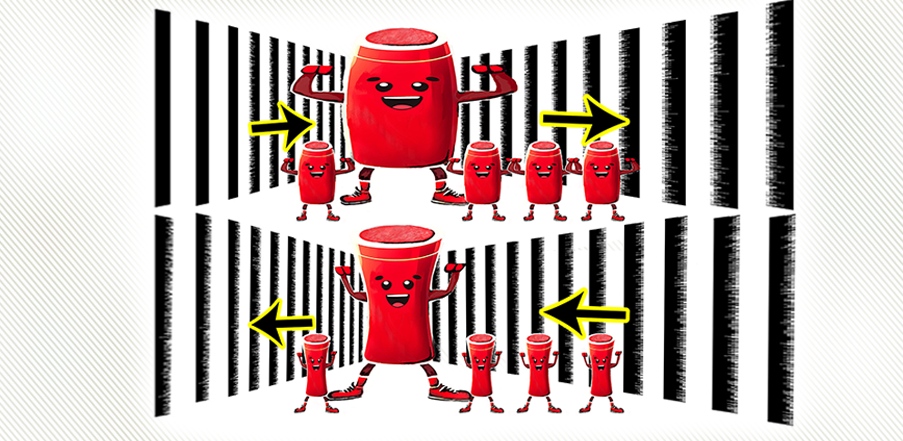As we mark World Sleep Day, a joint Monash University and Ambulance Victoria study will better support new paramedics to get a better night’s sleep and improve their mental health.
The study, led by researchers from Monash University’s Turner Institute for Brain and Mental Health, with Monash University’s Department of Paramedicine and Ambulance Victoria, was published in the journal, Sleep.
It investigated whether poor sleep pre-exposure to paramedic work increases the risk of future mental health outcomes.
During the first six months of emergency work, the research team found insomnia and depression symptoms increased in paramedic recruits.
Those recruits who already experienced higher insomnia symptoms before starting their careers as paramedics were more likely to have higher depression symptoms after six months.
The findings will pave the way for more early interventions and support for new paramedics.
Senior author Dr Alexander Wolkow said sleep was a potentially modifiable factor; the findings suggested early interventions targeting poor sleep prior to emergency work should be investigated as one potential way to improve sleep and reduce the risk of mental health problems in the future.
“The transition into full-time shift work and emergency work is a challenging period for new recruits,” he said.
“The demanding nature of emergency work routinely exposes personnel to potentially traumatic events, placing these workers at high risk of mental health issues. Early interventions that target poor sleep in paramedic students and new recruits may potentially offer some protection against them developing mental health problems, particularly in those first few months at work, but further research is urgently needed in this area.”
Lead-author Ms Elle Nguyen said past research had found the prevalence of insomnia, along with other sleep disorders such as obstructive sleep apnoea and mental health conditions such as depression, anxiety and PTSD, were higher among Australian paramedics when compared to the general population.
“These issues may contribute to high turnover among emergency service personnel and may be preventable,” she said.
Compared to other emergency services such as firefighters and police, prior research reports that paramedics have increased rates of post-traumatic stress disorder and experience high levels of depression and anxiety.
Ambulance Victoria paramedic, Monash Paramedicine researcher and co-author Dr Ben Meadley said Ambulance Victoria recognised the challenging nature of shift work, especially during the first years of a paramedic’s career.
“We support our new recruits with additional supervision and training in their first two years. With the help of a clinical instructor, graduate paramedics undertake further clinical study and on-road training to transition from classroom to the community, Dr Meadley said.
“We continue to provide support for our people and their immediate family members, with peer support, pastoral care, and counselling services available 24 hours a day.
“This research helps us better understand the challenges paramedics face, and what we can do to further enhance the support services we provide to ensure our staff are healthy and have a long and fulfilling career serving our communities.”
The current study examined 101 participants between August 2018 and December 2020. Participants were recruited into the study and completed an assessment before starting work as a paramedic.
These same participants were assessed again after approximately six months of work as a paramedic. At each assessment, participants completed an online sleep and mental health survey. They also wore a wearable device that measured sleep and completed a self-report sleep diary. “This research highlights the need for evidence-based solutions to be rapidly developed and deployed to support workplace mental health. Monash is leading a bid, together with University of Melbourne, Central Queensland University and more than 65 other partners, to establish the Well and Productive CRC, aimed at creating mentally healthy workplaces,” Dr Wolkow said.








